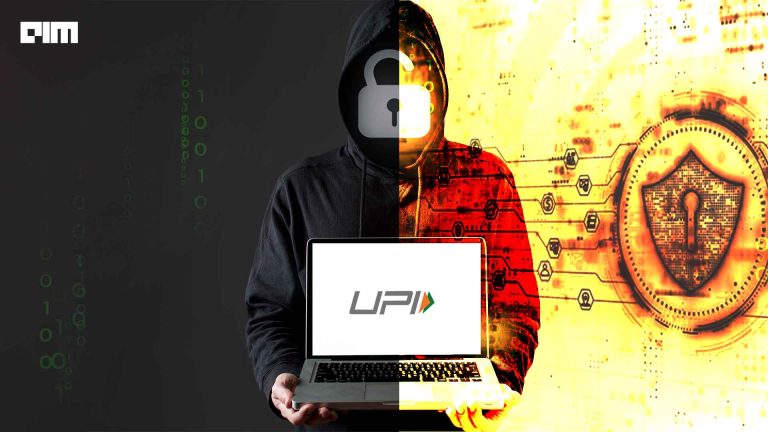 One of the most important tools in any Internet user’s arsenal should be a dependable VPN application. Virtual Private Networks, commonly known as VPNs, are integral towards protecting privacy and personal information on the Internet.
One of the most important tools in any Internet user’s arsenal should be a dependable VPN application. Virtual Private Networks, commonly known as VPNs, are integral towards protecting privacy and personal information on the Internet.
VPNs protect data such as an individual’s IP address, which can pinpoint location among other things and can bypass censorship and domain blocking in certain countries.
How VPNs Work And Why They Are Important
VPNs function by allowing users to connect to private networks through the Internet. This is done by creating an encrypted tunnel through various protocols.
All packets for queries on the private network are sent through this tunnel, which ensures the privacy of the connection. Some of the characteristics of VPNs include:
Confidentiality: Even if a third-party engage in techniques such as deep packet inspection and packet sniffing, the connection has to be confidential. This would mean that there is a need for end-to-end encryption, with private keys on either side of the tunnel.
Authentication: When opening a tunnel, users are required to authenticate, so as to prevent unauthorized users from accessing the network.
Integrity: Since Internet traffic is heavily dependent on packet integrity, VPNs must ensure that even though packets travel through the tunnel, integrity is not lost.
This usually puts VPNs at two primary processes, with one being ensuring transport of packets and the other being creating a tunnel. There are many types of VPN and protocols, with each having their advantages and disadvantages, and providing different levels of security.
Point-to-Point Tunneling Protocol (PPTP)
PPTP is one of the oldest and most easily implementable VPN protocols. PPTP is made up of two protocols, with one taking care of creating the tunnel, and another, known as PPP, being used to encrypt the data to ensure integrity and security. It has been around since almost the beginning of the Internet and has been supported natively in Windows since it’s earliest releases.
PPTP is used until this day and can be found on projects such as the OpenVPN project. It has low overhead and ensures the basic principles of a VPN while maintaining a strong connection. However, it is not as secure as other alternatives on the market.
Secure Socket Tunneling Protocol (SSTP)
SSTP is a protocol and proprietary technology developed by Microsoft for use with Windows. It is fully integrated into the OS and has since been ported to Linux, MacOS and more. It is not open-source, meaning that Microsoft has to be trusted with the encryption of the data.
It uses the SSL 3.0 standard to encrypt the packets, thus providing a sizeable security gain over the 128-bit encryption used by PPTP. It functions on much of the same architecture but is more modern and robust than the dated PPTP protocol.
Internet Protocol Security (IPSec)
IPSec is a security standard developed for use with the IPv6 protocols, but can also be used with IPv4 connections. It is one of the more secure forms of establishing a VPN and provides dependable and strong encryption.
It also ensures IP packet integrity by encapsulating it in an IPSec packet, which is then decrypted at the other end of the tunnel.
While IPSec performs the transport function fairly well, it does not have an in-built tunneling function. For this reason, it is commonly used in conjunction with other tunneling protocols such as the Layer 2 tunneling protocol and the Internet Key Exchange version 2.
IPSec Tunneling Protocols:
L2TP: L2TP is also another VPN protocol, but it is commonly used in conjunction with IPSec for optimal security. L2TP is a protocol for creating two connection points between private networks to create a VPN tunnel.
IKEv2: IKEv2 is an initiative by software giants Microsoft and Cisco, and has been natively supported in Windows since almost a decade now. It is also suitable for mobile devices due to the way it functions and will resume operations as normal even if a connection is interrupted. When used with IPSec, it is a dependable VPN protocol.
WireGuard
WireGuard is one of the newest protocols on the market and is an extremely lightweight and barebones VPN protocol. It is also very simple and open-source, with the code taking under a day to be audited by an individual. It uses state-of-the-art cryptography and is a part of the Linux kernel.
Its architecture and light footprint make it one of the best alternatives for mobile devices and PCs alike. WireGuard provides essential VPN services while maintaining a high speed and ease-of-use factor. Moreover, it can also be implemented in servers and supercomputers, making it a truly scalable alternative for enterprises and consumers alike.
OpenVPN
The OpenVPN project is widely considered as one of the most secure VPN protocols on the market today. It is open-source and supported by a variety of VPN providers. The protocol is completely open to anyone who wishes to audit it, and various protocols have also been built atop the project.
It is completely configurable for any user who wishes to do so and can be encrypted with a wide range of cryptographic methods. It also has regular updates to stay atop the latest security vulnerabilities and to offer the best possible experience. This should be the go-to choice for anyone looking into a serious VPN option, as it is, by far, the most secure and dependable protocol on the market.
Conclusion
A VPN should be a must-have for any serious Internet user. With the rise of predatory advertising practices and other such issues, preserving privacy is an uphill struggle. Of the protocols looked at today, OpenVPN, WireGuard, and IKEv2/IPSec are the most dependable, powerful, and secure.


















































































